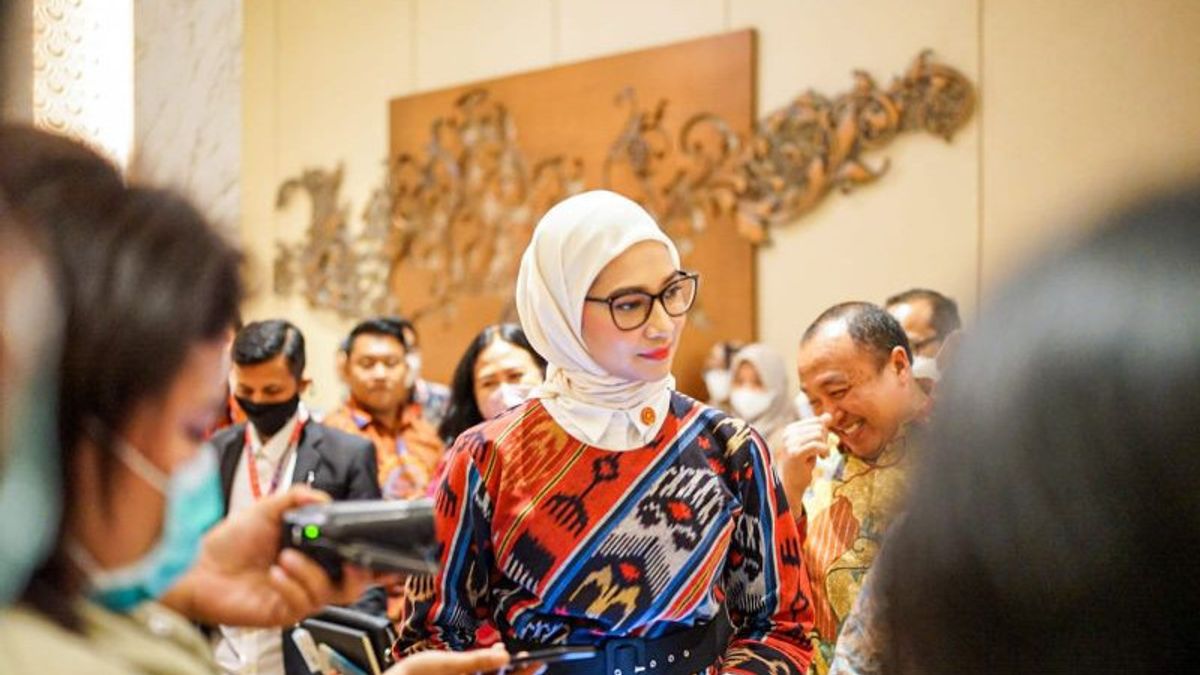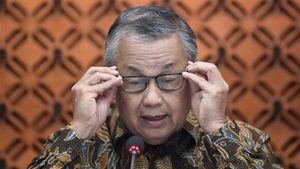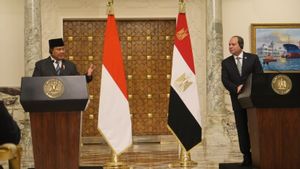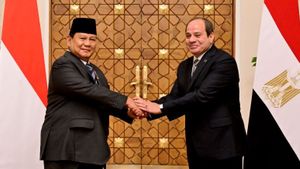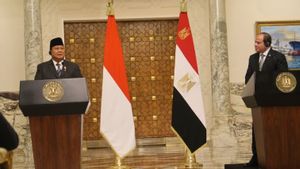JAKARTA - The Presidential Special Staff of the Republic of Indonesia, Angkie Yudistia, emphasized that economic growth is inclusive in order to be able to provide space for all citizens, including people with disabilities.
According to Angkie, an inclusive economic scheme is important for the process of developing human resources in Indonesia, so that there is no inequality in the field in the process of distributing a populist economy and targeting all citizens.
"Inclusive economic scheme shows that Indonesia is able to provide equal space for anyone, including people with disabilities to be directly involved, and not only to be spectators in state development," Angkie said as quoted by Antara, Friday, September 9.
Angkie assessed that people with disabilities can be present in various work sectors needed by the industry while still adjusting the capabilities and qualifications of the required expertise.
The inclusive economic concept is part of the revision of Law Number 8 of 2016 concerning persons with disabilities followed by derivative regulations which emphasize people with disabilities to get jobs and social protection guarantees.
In the Panel Discussion entitled The 1ST International Conference on Manpower and Sustainable Development (IMSIDE) which is part of the G20 event, Angkie also specifically discusses employment social security for persons with disabilities.
There are four priority issues that become the topic of discussion, namely the inclusive labor market and decent work for persons with disabilities, sustainable job creation, development of human resource capacity for sustainable productivity growth, and employment social security.
He appreciated the steps taken by the Ministry of Manpower (Kemenaker) and BPJS Employment which greatly paid attention to people with disabilities, so that they not only get jobs, but also seek protection of employment social security as a risk mitigation faced while working.
In addition, the Ministry of SOEs also continues to strive to meet the quota for the availability of disabilities in the work environment under SOEs as much as two percent in accordance with the provisions of Law Number 8 of 2016.
"Joint recruitment carried out by the BUMN ecosystem this year has adjusted the quota so that employees with disabilities receive Employment Social Security," he said.
The Presidential Special Staff for the social sector explained that based on data from the Central Statistics Agency (BPS) on the 2020 national workforce survey, it was recorded that 225,000 people with disabilities aged 15 years and over had worked.
The data is divided into 75 percent of the informal sector and 25 percent work as employees or employees. The employment fields for people with disabilities are divided into three sectors, namely services (44 percent), agriculture (40 percent), and industry (16 percent).
The English, Chinese, Japanese, Arabic, and French versions are automatically generated by the AI. So there may still be inaccuracies in translating, please always see Indonesian as our main language. (system supported by DigitalSiber.id)
